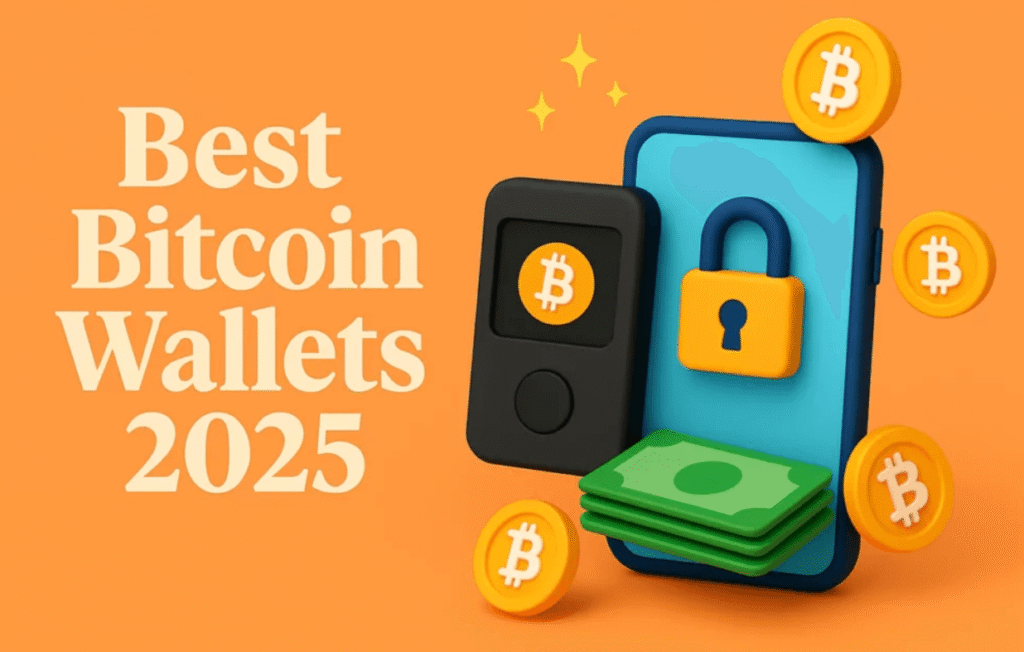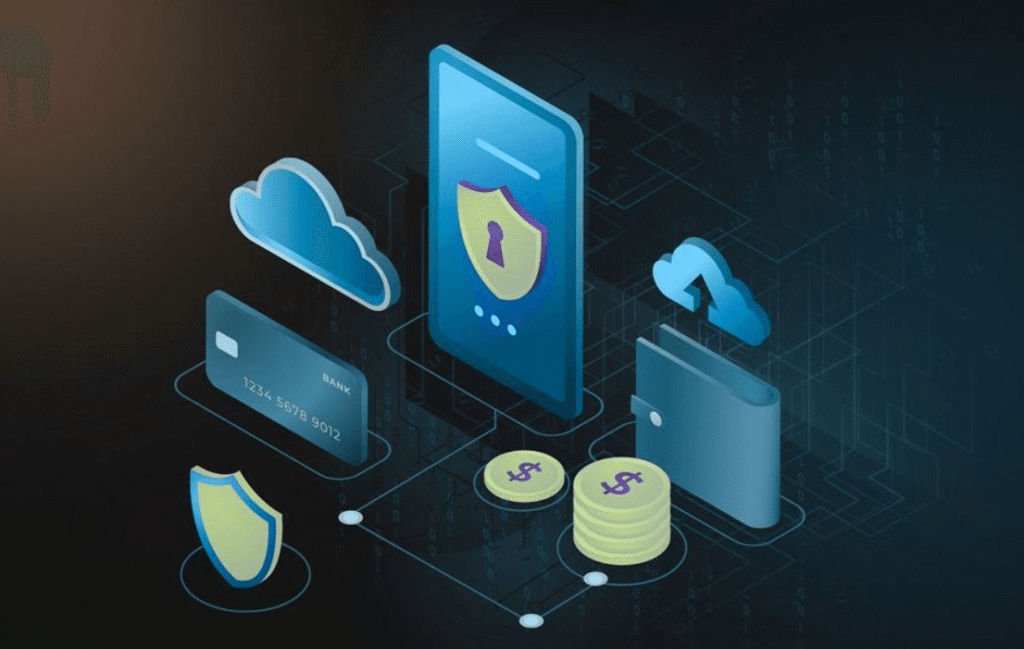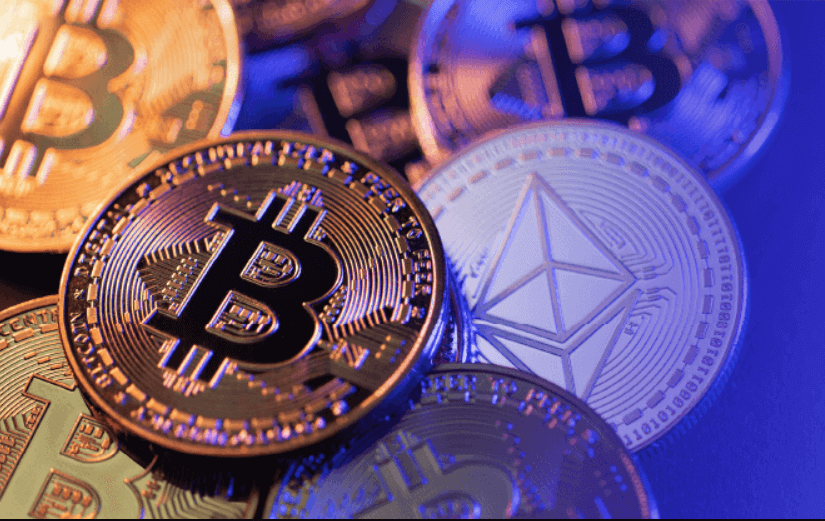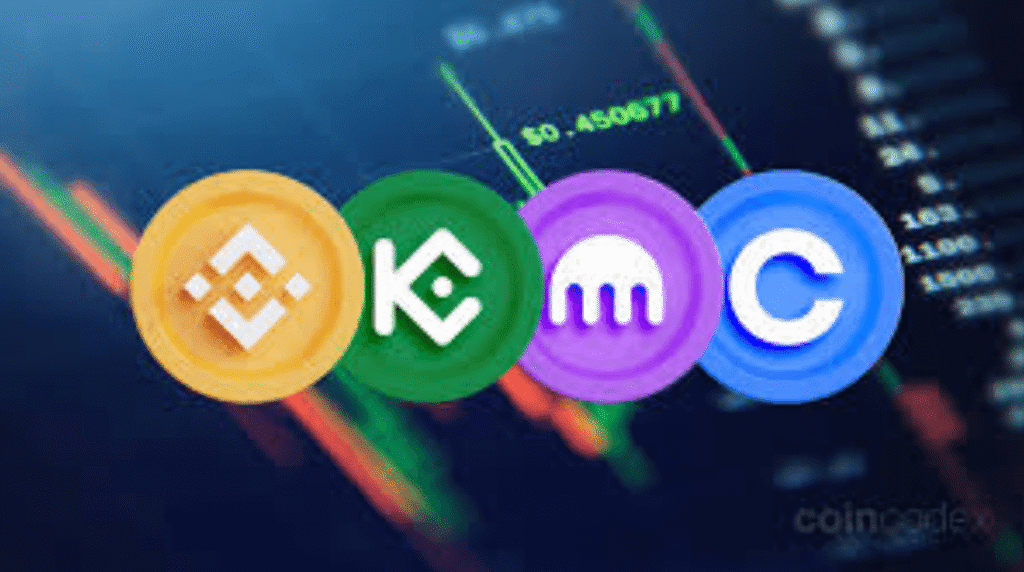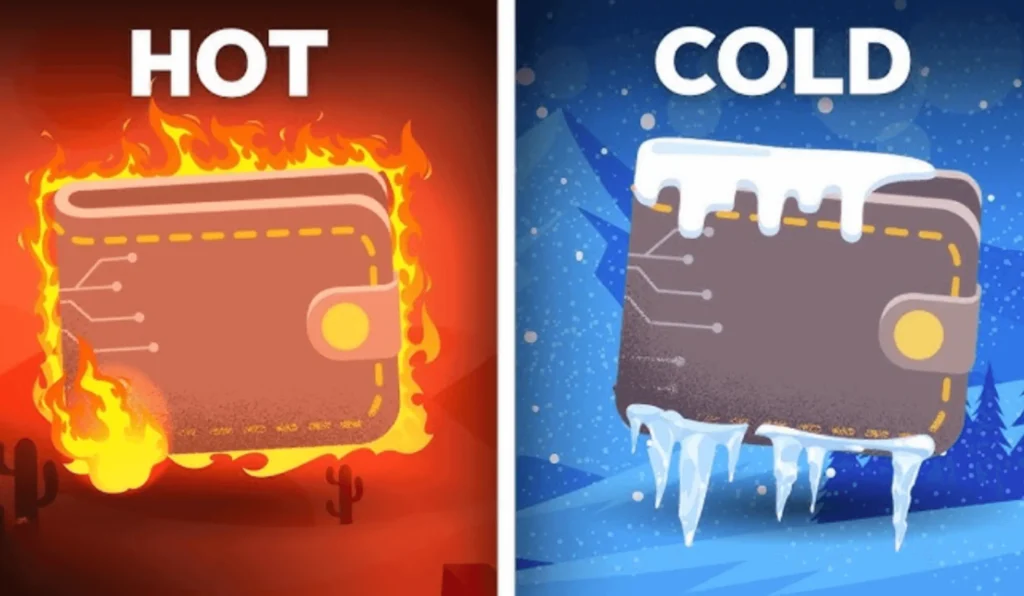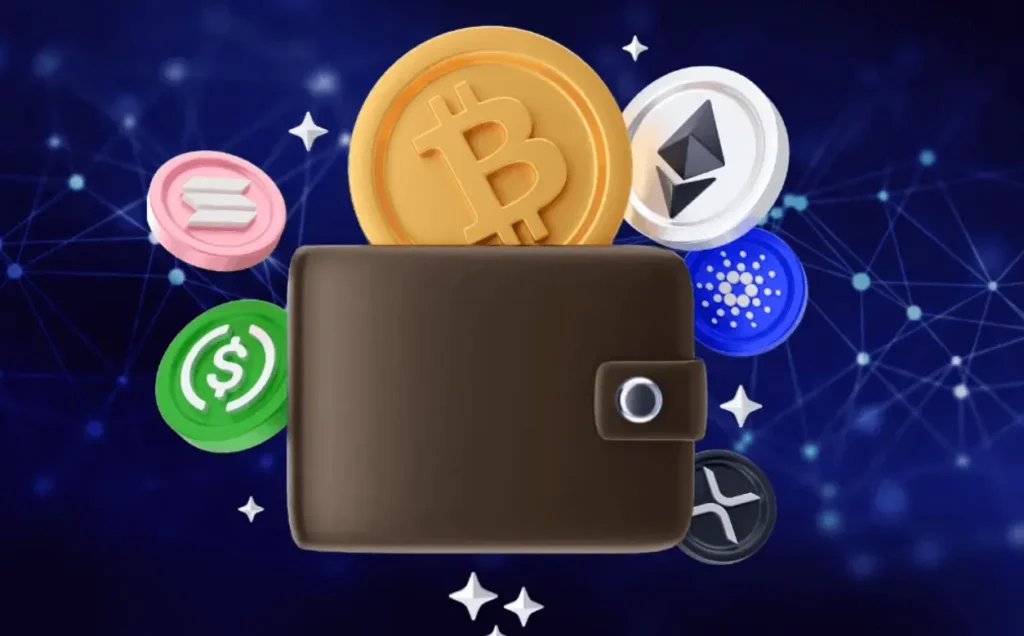Blockchain technology, once synonymous only with Bitcoin, has evolved far beyond digital currencies. Today, it stands as a revolutionary framework reshaping entire industries with transparency, decentralization, and security. From streamlining supply chains to transforming healthcare systems, blockchain’s real-world applications are rapidly gaining traction across the globe.
Whether you’re a tech enthusiast, investor, or just curious about the blockchain buzz, understanding how this technology is changing our world is crucial. This guide explores 7 groundbreaking real-world applications of blockchain that are not only shaping the future but also fulfilling urgent needs in society. Let’s dive deep.
1. Financial Services and Decentralized Finance (DeFi)
One of the earliest and most transformative applications of blockchain is in financial services, particularly through Decentralized Finance (DeFi). By removing intermediaries such as banks and brokers, blockchain enables faster, cheaper, and more transparent transactions.
Key areas where blockchain is disrupting finance:
- International Remittances:
Traditional remittances are slow and costly. Blockchain allows near-instant cross-border payments at a fraction of the cost, using cryptocurrencies like XRP or stablecoins like USDC. - Smart Contracts in Lending:
Platforms like Aave or Compound use smart contracts to issue loans without needing human oversight, thus reducing default risks and speeding up transactions. - Tokenized Assets:
Real estate, stocks, and even art can now be tokenized and traded 24/7 on blockchain marketplaces, creating liquidity in traditionally illiquid markets. - Financial Inclusion:
People in underbanked regions can access financial tools using just a smartphone and a crypto wallet.
💡 Fun Fact: As of 2025, over $60 billion is locked in DeFi protocols worldwide, signaling its massive adoption.
2. Supply Chain Management
Blockchain is transforming supply chain management by enabling greater visibility and traceability throughout the lifecycle of a product. This revolution has become especially important in a post-pandemic world where transparency is non-negotiable.
Benefits of Blockchain in Supply Chains:
- Real-Time Product Tracking:
From farm to table or factory to shelf, every step is recorded immutably on the blockchain. - Anti-Counterfeit Measures:
Brands like Louis Vuitton and Rolex use blockchain to validate authenticity, protecting both consumers and the brand. - Sustainability Tracking:
Blockchain can verify whether a product meets certain environmental or ethical standards. - Automated Compliance:
Regulatory documents and customs clearances can be digitized and validated using smart contracts.
📦 Use Case: Walmart uses blockchain to trace mangoes from farm to shelf in 2.2 seconds—a process that previously took 7 days!
H3: Top Supply Chain Use Cases of Blockchain (Table Format)
| Industry | Blockchain Use Case | Benefits | Example Platforms |
| Food Industry | Farm-to-fork tracking | Improved transparency, reduced fraud | IBM Food Trust |
| Luxury Goods | Authentication & anti-counterfeiting | Brand protection | Aura Blockchain |
| Pharmaceuticals | Track & trace medicines | Reduced counterfeit drugs | MediLedger |
| Electronics | Component traceability | Quality assurance | VeChain |
| Automotive | Supply chain transparency | Recall accuracy | BMW & VeChain |
H4: Blockchain in Healthcare
The healthcare industry is plagued with inefficiencies—delayed records, fragmented systems, and data breaches. Blockchain has emerged as a solution that enables secure, interoperable, and transparent medical systems.
Here’s how blockchain is reshaping healthcare:
- Electronic Health Records (EHR):
Patients own and control their medical records, accessible securely by different providers, reducing duplication and misdiagnosis. - Drug Traceability:
Helps track the origin and journey of pharmaceuticals, reducing counterfeit drugs. - Clinical Trials & Research:
Ensures transparency and immutability in data reporting, critical for research credibility. - Insurance Claim Automation:
Smart contracts can automatically validate and settle claims based on pre-set parameters, minimizing fraud and paperwork.
🔐 Data Point: According to Deloitte, blockchain could save the healthcare industry over $100 billion annually by improving data exchange and reducing fraud.
H5: Blockchain in Voting Systems
Elections worldwide face challenges like voter fraud, manipulation, and low participation. Blockchain introduces the possibility of tamper-proof, decentralized, and transparent voting systems.
Real-World Example:
- Estonia has been a pioneer, piloting blockchain-based e-voting since 2019.
- Voters can cast ballots from any location while ensuring complete auditability of every vote.
- Enhances voter turnout by enabling absentee and overseas voting securely.
✅ Result: Blockchain voting could increase trust in democratic institutions and reduce electoral corruption.
H6: Digital Identity Verification
Over 1 billion people globally lack formal identification. Blockchain offers a self-sovereign, tamper-proof digital identity framework that can be accessed from anywhere.
Benefits:
- Individuals own and control their data.
- No more repeated KYC (Know Your Customer) checks.
- Reduces identity fraud and data breaches.
- Useful for accessing banking, healthcare, education, and government services.
🌍 Global Impact: Organizations like ID2020 and Microsoft’s ION are working toward decentralized identity frameworks for the unbanked and underserved populations.
FAQ: How is Blockchain Different from Traditional Databases?
FAQ 1: What sets blockchain apart from centralized systems?
| Feature | Traditional Databases | Blockchain |
| Control | Centralized (admin-owned) | Decentralized (peer-to-peer) |
| Security | Vulnerable to single-point attacks | Immutably encrypted & distributed |
| Transparency | Admin decides visibility | Fully or selectively visible to all |
| Auditability | Manual logs, easy to alter | Immutable ledger, cryptographic proof |
| Trust | Requires middleman | Trustless system with consensus |
Blockchain stands out by distributing control and verification across multiple nodes, making it more secure and transparent than traditional data systems.
Final Thoughts
From empowering financial independence to safeguarding democracy, blockchain is much more than cryptocurrency—it’s a foundational technology poised to reshape nearly every aspect of modern life. As industries continue to explore its potential, those who adapt early will likely lead the next wave of innovation.
Bonus: Quick Summary of 7 Real-World Blockchain Applications
| No. | Application Area | Key Benefit |
| 1 | Finance / DeFi | Decentralized transactions, lending |
| 2 | Supply Chain | Transparency, counterfeit prevention |
| 3 | Healthcare | Secure data, trackable drugs |
| 4 | Voting | Tamper-proof digital elections |
| 5 | Digital Identity | Universal, secure access to services |
| 6 | Asset Tokenization | Liquidity in real estate & collectibles |
| 7 | Smart Contract Insurance | Auto claims with zero paperwork |
📈 Want to future-proof your career or business? Start exploring blockchain integration in your operations today.


